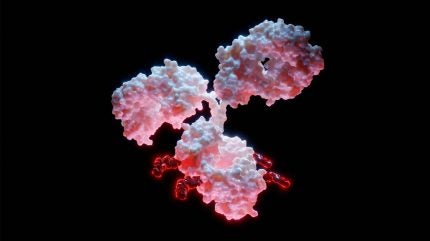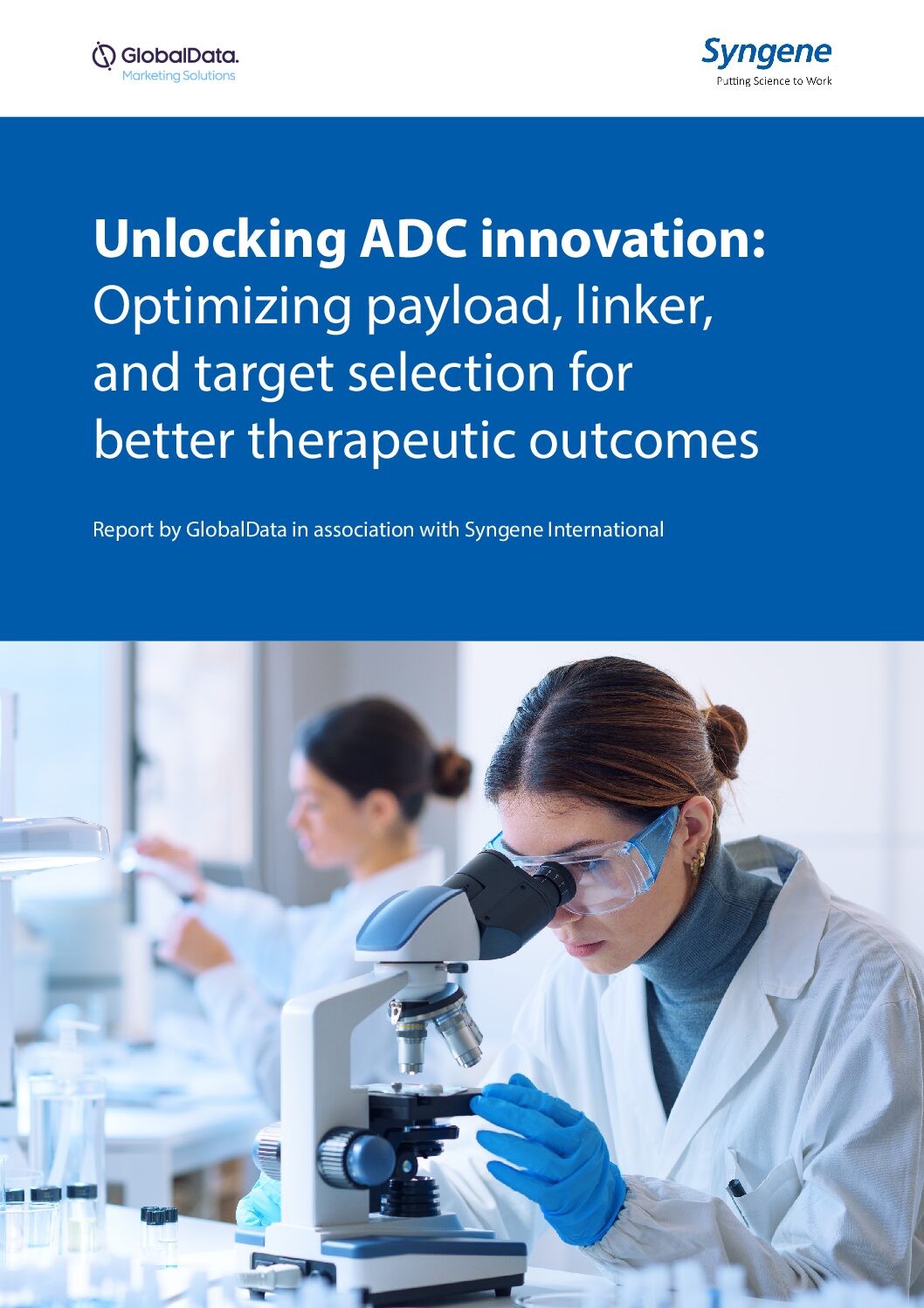

Antibody-drug conjugate (ADC) developers say innovations to linkers, the proteins bridging antibodies to their therapeutic payloads, are opening the door to more stable, selective ADCs with application beyond the class’s traditional scope.
Experts discussed the opportunities and challenges of linker innovation as part of a panel at the 2025 CPHI conference, which took place 28–30 October in Frankfurt, Germany. By engineering the molecular make-up of these proteins, they said that new ADCs are being developed able to carry previously unexplored drug payloads with improved stability and more targeted selectivity.

US Tariffs are shifting - will you react or anticipate?
Don’t let policy changes catch you off guard. Stay proactive with real-time data and expert analysis.
By GlobalDataADCs remain a relatively nascent class, with fewer than 20 approved by regulators worldwide, noted Bikash Chatterjee, CSO of consultancy Pharmatech Associates and the panel’s moderator.
“The linker has been neglected for years. Especially for first generation ADCs, not many people really paid attention to linkers,” said Kern Chang, PhD, chief technical officer at contract development and manufacturing organisation (CDMO) Lotte Biologics.
But now, Chang said innovations in the cleavage sites of linkers, where enzymes are drawn to sever antibodies from their payloads, allow the drugs to be delivered at the desired place and time, minimising off-target effects.
Such linkers have been developed by US-based biotech Sutro Biopharma to release anti-cancer payloads specifically within the tumour microenvironment, explained the company’s chief technical operations officer Venkatesh Srinivasan.
By including non-natural amino acids in linkers, Srinivasan said Sutro’s ADCs can achieve “extremely high fidelity”, and that Sutro had submitted multiple regulatory filings for the technology. He also noted the stoichiometry of ADC synthesis can be fine-tuned to carry two distinct payloads on the same antibody molecule.
Chang also described how linker engineering is being used to improve overall ADC stability. As drug payloads are usually hydrophobic, Lotte is developing more stable ADC complexes by engineering hydrophilic linkers. Chang added that the company has filed a provisional patent his year and will file for further patents in 2026.
However, there are certain bottlenecks to this innovation.
Chang said: “There’s so many different components — antibody, linker, payload — they’re all being manufactured in different places, different companies.” This has been exacerbated by current geopolitical tensions for biopharma, including US President Trump’s tariff offensive.
Nonetheless, Chang stated he expects a “wave” of new oncological ADCs to enter the space soon. Beyond these, he highlighted that non-cytotoxic payloads are already in development, including examples steroidal and antibiotic payloads.
ADC content on Pharmaceutical Technology (Or Clinical Trials Arena) is supported by Syngene. Editorial content is independently produced and follows the highest standards of journalistic integrity. Topic sponsors are not involved in the creation of editorial content.






